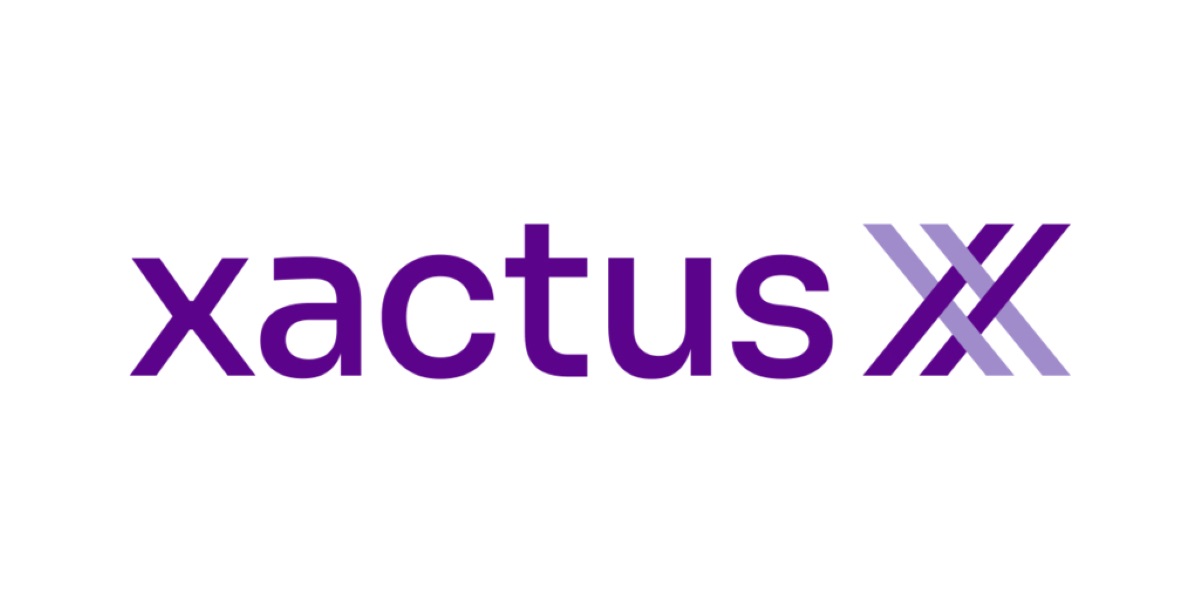

Finance
CBNA THD: What Is This On Credit Inquiry
Published: March 5, 2024
Learn about CBNA THD and its impact on credit inquiry. Understand how it relates to finance and credit scores. Get insights and tips to manage your finances effectively.
(Many of the links in this article redirect to a specific reviewed product. Your purchase of these products through affiliate links helps to generate commission for LiveWell, at no extra cost. Learn more)
Table of Contents
**
Introduction
**
Credit inquiries play a crucial role in determining an individual's creditworthiness and financial standing. When reviewing a credit report, you may come across the acronym "CBNA THD" in the inquiry section, which can raise questions and concerns. Understanding what CBNA THD represents and its impact on your credit is essential for maintaining a healthy financial profile.
Credit inquiries, such as CBNA THD, are requests made by authorized entities to review an individual's credit report. These inquiries can be initiated by potential lenders, landlords, or employers as part of the decision-making process. While some inquiries are considered hard pulls and can affect your credit score, others are soft pulls and have no impact.
In this article, we will delve into the meaning of CBNA THD, explore its implications on credit reports, and provide insights on addressing this inquiry to safeguard your financial standing. Understanding CBNA THD and its influence on credit is vital for making informed financial decisions and maintaining a positive credit history.
Understanding CBNA THD
CBNA THD is an abbreviation that stands for “Citibank North America – The Home Depot.” This credit inquiry typically appears on a credit report when an individual applies for a credit card or financing options offered through The Home Depot, a well-known home improvement retailer, in partnership with Citibank North America.
When a consumer seeks to open a credit card account or obtain financing for Home Depot purchases, Citibank North America, the financial institution responsible for managing The Home Depot credit programs, may initiate a credit inquiry. This inquiry allows Citibank to assess the applicant’s creditworthiness and make informed decisions regarding credit approval and terms.
It’s important to note that CBNA THD represents a hard inquiry, meaning it can impact the individual’s credit score. Hard inquiries are visible to other creditors and may indicate that an individual is actively seeking credit. While a single hard inquiry may have a minor impact on credit scores, multiple inquiries within a short period can potentially lower the individual’s credit score.
Understanding the nature of CBNA THD and its association with credit applications at The Home Depot is crucial for individuals who have encountered this inquiry on their credit reports. By recognizing the origin and implications of CBNA THD, consumers can take proactive steps to manage their credit effectively and mitigate any potential negative effects on their credit scores.
Impact of CBNA THD on Credit
The presence of CBNA THD on a credit report can have implications for an individual’s credit score and overall creditworthiness. As mentioned earlier, CBNA THD represents a hard inquiry, which means it can impact the individual’s credit score. While the impact of a single hard inquiry is typically minimal, multiple inquiries within a short timeframe can potentially lower the credit score.
When a creditor reviews an individual’s credit report and sees multiple recent inquiries, they may interpret it as a sign that the individual is taking on more debt or facing financial difficulties. This perception can raise concerns about the individual’s ability to manage additional credit responsibly, potentially leading to higher interest rates or even denial of credit.
It’s important to note that the impact of CBNA THD on credit scores may vary depending on the overall credit history and financial behavior of the individual. For individuals with limited credit history or marginal credit scores, the impact of hard inquiries such as CBNA THD may be more pronounced compared to those with established and strong credit profiles.
Understanding the potential impact of CBNA THD on credit is crucial for individuals who are actively managing their credit and seeking to maintain or improve their credit scores. By being mindful of the effects of hard inquiries, individuals can make informed decisions about when and how to apply for credit, thereby minimizing any negative impact on their credit profiles.
How to Address CBNA THD on Credit Report
Addressing CBNA THD on a credit report requires a strategic approach to minimize its potential impact on an individual’s credit standing. While it may not be possible to remove a legitimate inquiry from a credit report, there are steps that individuals can take to manage the effects of CBNA THD and maintain a healthy credit profile.
1. Monitor Your Credit Report: Regularly reviewing your credit report allows you to stay informed about any inquiries, including CBNA THD. By monitoring your report, you can identify any unauthorized or inaccurate inquiries and take appropriate action to address them.
2. Limit New Credit Applications: Being selective about applying for new credit can help minimize the number of hard inquiries on your credit report. Consider whether the potential benefits of a new credit account outweigh the impact of a hard inquiry on your credit score.
3. Understand Timing and Shopping Around: When shopping for credit, such as a mortgage or auto loan, multiple inquiries within a specific timeframe (often 14-45 days, depending on the credit scoring model) are typically treated as a single inquiry. This allows individuals to compare loan offers without being penalized for multiple inquiries.
4. Dispute Inaccurate Inquiries: If you believe that the CBNA THD inquiry is inaccurate or unauthorized, you have the right to dispute it with the credit reporting agencies. Providing supporting documentation can help in the investigation process.
5. Communicate with Creditors: If you have a legitimate reason for multiple inquiries, such as shopping for the best loan terms, consider communicating with potential creditors to explain the circumstances. Some creditors may take this into account when evaluating your creditworthiness.
By taking proactive steps to address CBNA THD on a credit report, individuals can mitigate the potential impact of hard inquiries and maintain a positive credit standing. Understanding the factors that influence credit scores and being mindful of credit management strategies are essential for navigating the impact of inquiries such as CBNA THD.
Conclusion
Understanding the implications of CBNA THD on credit reports is essential for individuals seeking to maintain healthy credit profiles and make informed financial decisions. As a hard inquiry associated with credit applications at The Home Depot through Citibank North America, CBNA THD can impact an individual’s credit score and creditworthiness.
While it may not be possible to remove legitimate inquiries from a credit report, individuals can take proactive steps to address and manage the effects of CBNA THD. Monitoring credit reports regularly, limiting new credit applications, understanding the timing of inquiries, disputing inaccurate entries, and communicating with creditors are effective strategies for mitigating the impact of hard inquiries.
By being mindful of the factors that influence credit scores and adopting responsible credit management practices, individuals can navigate the effects of inquiries such as CBNA THD while striving to maintain strong credit profiles. Additionally, staying informed about credit-related matters and seeking guidance from financial professionals can further empower individuals to make sound financial choices and safeguard their creditworthiness.
Ultimately, by understanding the nature of CBNA THD and taking proactive measures to address it, individuals can optimize their credit management strategies and work towards achieving their financial goals with confidence and stability.














